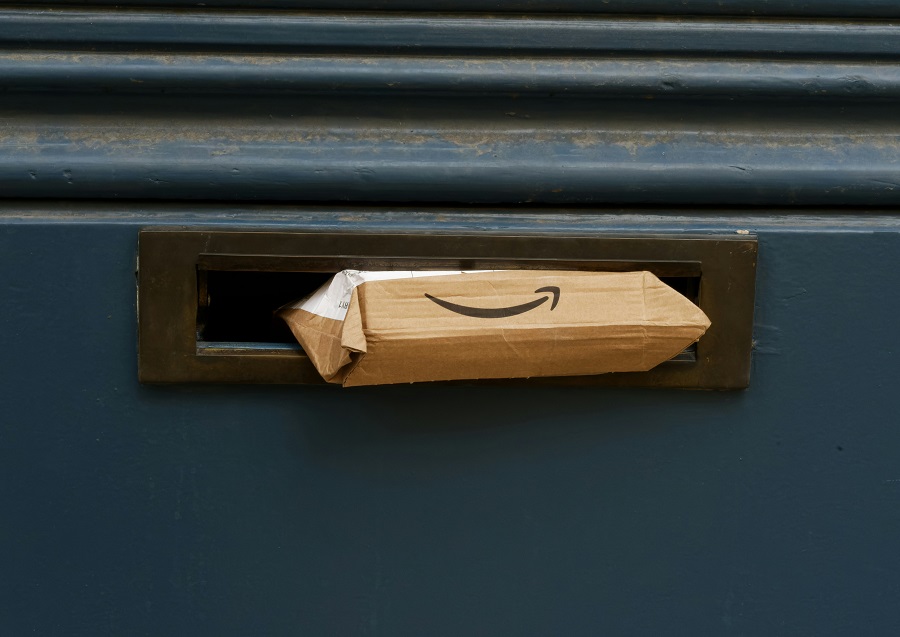Retail
Retail supply chain software for enhanced supply chain efficiency, encompassing warehouse & transportation solutions, inventory control, and strategic/planning modules.Over Half of UK Consumers Return Prime Day Purchases

As the dust settles on another Amazon Prime Day event, new research from Manhattan Associates Inc. (NASDAQ: MANH) reveals the significant and often overlooked financial and operational strain returns place on retailers. The study, titled “Prime Day: Return to Sender,” highlights that 78 million goods are returned by shoppers each year after Prime Day, underscoring the growing need for sophisticated reverse logistics operations.
The post-Prime Day paradox: consumer expectations vs. retailer reality
While Prime Day drives massive sales, it also triggers a surge in returns, creating a complex challenge for retailers. Manhattan Associates’ research polled both consumers and retailers to expose the volume and frustration associated with the returns process.
“The immense volume of returns after Prime Day creates significant pressure for retailers,” notes Martin Lockwood at Manhattan Associates. “The returns cycle is a critical part of today’s retail landscape, and highlights the need for businesses to use more traditional returns processes, but to also optimise their store networks to efficiently manage this influx.”
Key consumer insights include:
- 55% of consumers will return purchases made on Prime Day
- Over 50%of returns are made by just 16% of consumers; in total, this equates to 78 million returned goods after a Prime Day.
- 33% of consumers typically return 1-3 items after Prime Day.
- 39%of consumers expect a refund or exchange within 24-72 hours, and 28% are frustrated by delays in getting a refund.
- 61% of consumers wish they could cancel or edit an order before it ships.
- Top consumer frustrations:
o 38% cite having to pay for return shipping/return fees.
o 25% are frustrated by refund wait times.
o 18% are frustrated by poor customer service during the return process
o 45% of shoppers deciding not to shop with a retailer again due to a negative return experience.
Retailers grapple with the surge in returns
For retailers, the influx of returns post-Prime Day presents a formidable operational and financial hurdle. The study sheds light on the scale of this challenge:
- 23% of retailers report that 10-20% of their total Prime Day sales are typically returned.
- 18%of businesses reported that only 10-20% of returned items from customers can be resold at full value.
- The average return costs 51% of businesses between £20 – £49.99.
- Almost 80% of total cost felt by less than 30% of businesses
- Operational bottlenecks for retailers during peak return periods:
o Shipping delays are the main problem for 45% of retailers.
o 29% of retailers find re-allocating stock challenging.
o Customer complaints (28%) and inventory inaccuracies (27%) are significant challenges for retailers too.
“The return to sender phenomenon is no longer a minor backend issue. It’s a frontline challenge impacting customer satisfaction and profitability,” says Martin Lockwood at Manhattan Associates. “Our research clearly demonstrates the hidden strain retailers face from events like Prime Day. The sheer volume and complexity of returns demands a strategic, technology-driven approach.”
Reimagining returns: the path to profitability and loyalty
Manhattan Associates enables retailers to transform this challenge into an opportunity. With AI-powered, end-to-end supply chain commerce solutions, retailers can streamline processes, improve inventory visibility, and enhance the overall customer experience.
“It’s not just about processing items,” added Lockwood. “It’s about preserving customer relationships and recovering lost value. A smooth, transparent, and efficient return process can turn a potential negative experience into a positive one, helping foster long-term loyalty. Digital assistants can streamline the customer experience further by managing complex issues like delivery tracking, and post-purchase basket edits when required, allowing human agents to focus on ‘white-glove’ customer interaction. ”











